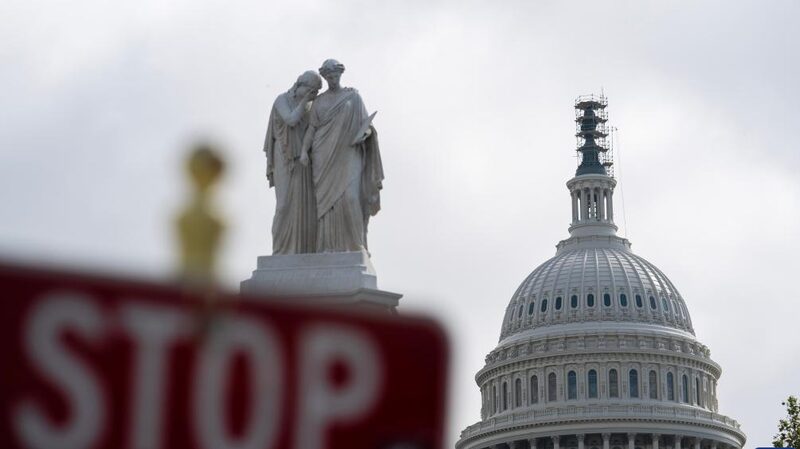Last week, the United States narrowly avoided a government shutdown as Congress grappled with the debt ceiling impasse. After intense negotiations, the Republican-led House of Representatives passed a stopgap bill, defying party hardliners who demanded a more partisan approach. President Joe Biden signed the bill into law on September 30, extending government funding for 45 days and preventing a federal shutdown by just an hour.
The newly approved bill prioritizes increasing federal disaster assistance by $16 billion, fulfilling President Biden's full request, while sidelining aid to Ukraine—a key White House priority that has faced growing opposition from Republican lawmakers.
This latest debt ceiling crisis highlights a troubling trend of political gridlock in the United States. The recurring debates and last-minute compromises not only strain domestic governance but also erode the country's international standing. The inability to reach timely agreements has led to perceptions of diminishing U.S. credibility on the global stage.
Historically, the U.S. has faced similar challenges. In September 2013, a 16-day shutdown caused significant concern in financial markets. By 2018, the situation escalated to a 34-day impasse, disrupting federal payments and national parks, and impacting the stock market. Each instance has underscored the deepening partisanship and its repercussions on both the economy and global perceptions.
Under former President Donald Trump, repeated standoffs over the debt ceiling became a political ritual, showcasing the nation's dependency on debt and the inevitable need for eventual compromise. However, the current scenario differs with internal conflicts within the Republican Party, emphasizing not just bipartisan tensions but also intra-party divisions. House Speaker Kevin McCarthy's precarious hold on power, secured only after 15 exhausting rounds of voting, exemplifies the fragile compromises that have become the norm.
The ongoing debt ceiling battles and their frequent resolutions through reluctant compromises reflect broader issues within American politics. As these disruptions continue, they pose significant questions about the United States' ability to maintain its longstanding reputation as a stable and reliable global leader.
Reference(s):
cgtn.com




